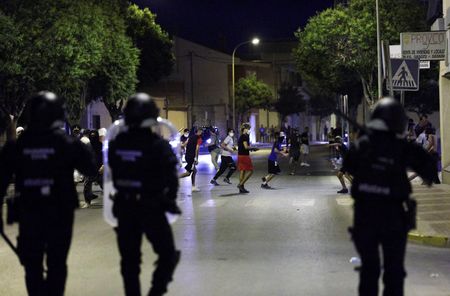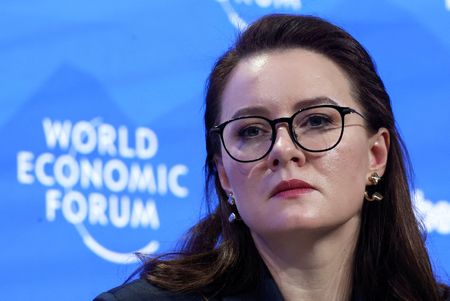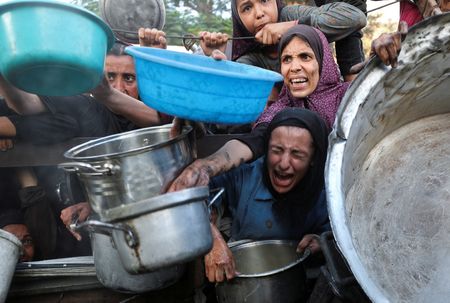ATHENS (Reuters) -Greece’s ruling conservatives will ask parliament to investigate a scandal in which Greek farmers for years faked land ownership to receive EU agricultural subsidies, the government said on Monday.
The EU in June imposed a 392 million-euro fine on Greece over the misuse of the funds between 2016 and 2023 by government agency OPEKEPE, which handles the subsidies and payments. Some OPEKEPE officials have denied wrongdoing.
But the EU prosecutor for Greece also alleges that politicians have been involved in the fraud, documents seen by Reuters show, threatening to weaken Prime Minister Kyriakos Mitsotakis’ centre-right government.
Only the Greek parliament can investigate politicians.
Four ministers and one senior official have resigned so far. They all deny wrongdoing.
“We call on parties to rise to the occasion over a decades-long wound and vote in favour of our proposal,” government spokesperson Pavlos Marinakis said.
Marinakis said the investigation would go back to 1998, the year OPEKEPE was founded. The government says illegally received subsidies must be returned.
The exact size of the suspected fraud is unclear, but could be huge: OPEKEPE distributes 2.5 billion euros ($2.92 billion) in agricultural subsidies annually to hundreds of thousands of farmers.
Opposition parties accused the government of a cover-up attempt, by trying to implicate parties other than Mitsotakis’ New Democracy, which came to power in 2019 but has seen a drop in popularity since it was re-elected with a majority in parliament in 2023.
For many Greeks, the scandal shows the persistence of the kind of corruption that helped plunge Greece into a decade-long financial crisis in 2009.
EU prosecutors have already charged dozens of Greek stockbreeders who received EU funds after making false declarations of ownership or leasing of pastureland in recent years.
($1 = 0.8554 euros)
(Reporting by Renee Maltezou and Angeliki Koutantou; Additional reporting by Yannis Souliotis; Editing by Alison Williams)








